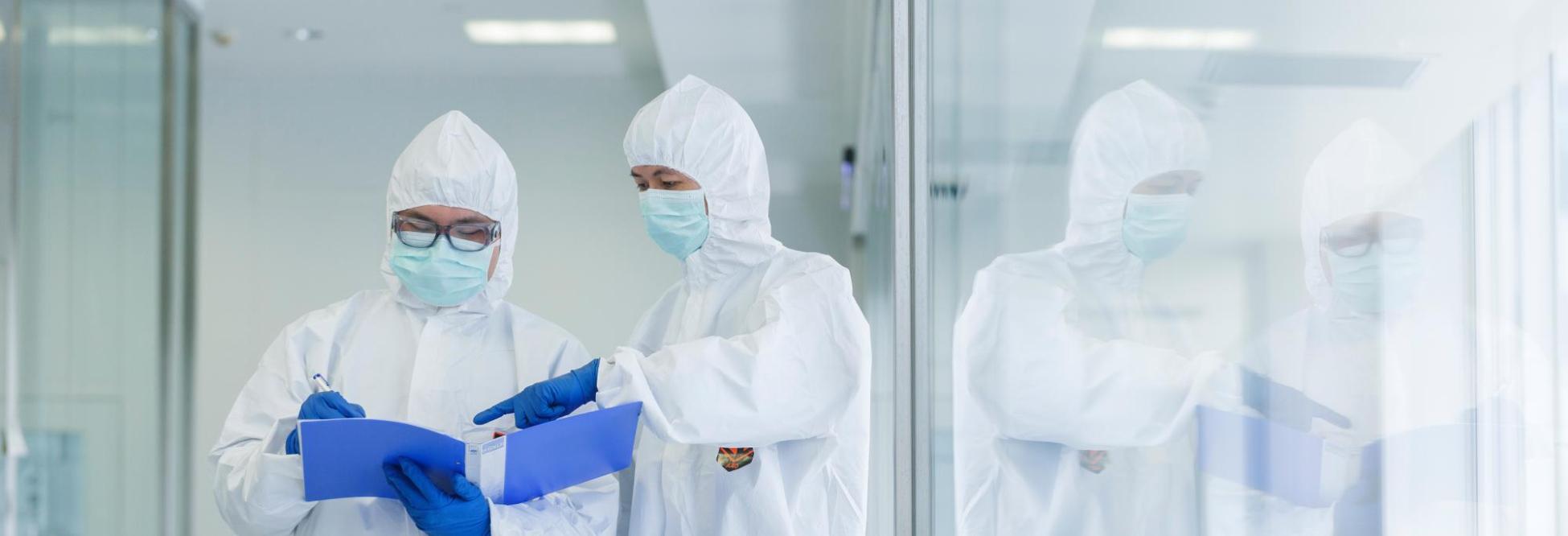Quality Standards and Management

Responsible Care & EHS
ScinoPharm adheres to the CGMP and to the Responsible Care® Initiative of the Taiwan Responsible Care Association (TRCA). The Responsible Care® is a voluntary commitment made by the international chemical industry to continuously improve performances on the environment, health, and safety. The Responsible Care® is implemented by having executives sign a Statement of Commitment, implementing the Codes of Management Practices, conducting self-evaluations, implementing management system verification (MSV), requiring that companies submit SHE Performance Indicators Reports, and having chemical companies share their experiences with implementing Responsible Care® with each other to help companies establish a comprehensive set of safety, health, and environmental systems.
The Pharmaceutical Supply Chain Initiative (PSCI), a group of internationally renowned pharmaceutical and healthcare companies, has established the PSCI Principles for Responsible Supply Chain Management, setting the social and ethical standards for supply chain management, which can be used to address five areas of responsible business practice: ethics, labor, health and safety, environment, and management systems. The Company has passed the PSCI audits by our pharmaceutical partners, which is a testament to our adoption of international business practices and standards in our occupational safety, health, and environmental management systems.
To reduce unacceptable risks from process hazards during R&D and mass production, ScinoPharm adopts a four-stage process hazard analysis (PHA): process hazard analysis in the lab (Lab PHA), inherent hazard analysis (PHA1), reactivity hazard analysis (PHA2), and operational hazard analysis (PHA3). In addition, safety testing and analysis is performed using various laboratory equipment (e.g., differential scanning calorimeters, reaction calorimeters, and adiabatic calorimeters (PHI-TEC II)) to assess safety issues caused by thermal hazards of chemical reactions. Drug toxicity prediction software (Derek Nexus and Sarah Nexus for Windows) is used to predict the hazardous effects of chemicals for which there are insufficient toxicological data.
For hazards that may arise from process modifications or engineering changes, change management procedures are adopted to assess and mitigate the potential risks of change. In operational safety control, we have procedures in place for hazardous operations, locking and tagging, and limited space management. Procedures for chemical use, safe inventory, and standard packaging are strictly controlled. A complete range of personal protective equipment has been prepared for operators to ensure their safety when using and storing chemicals.





